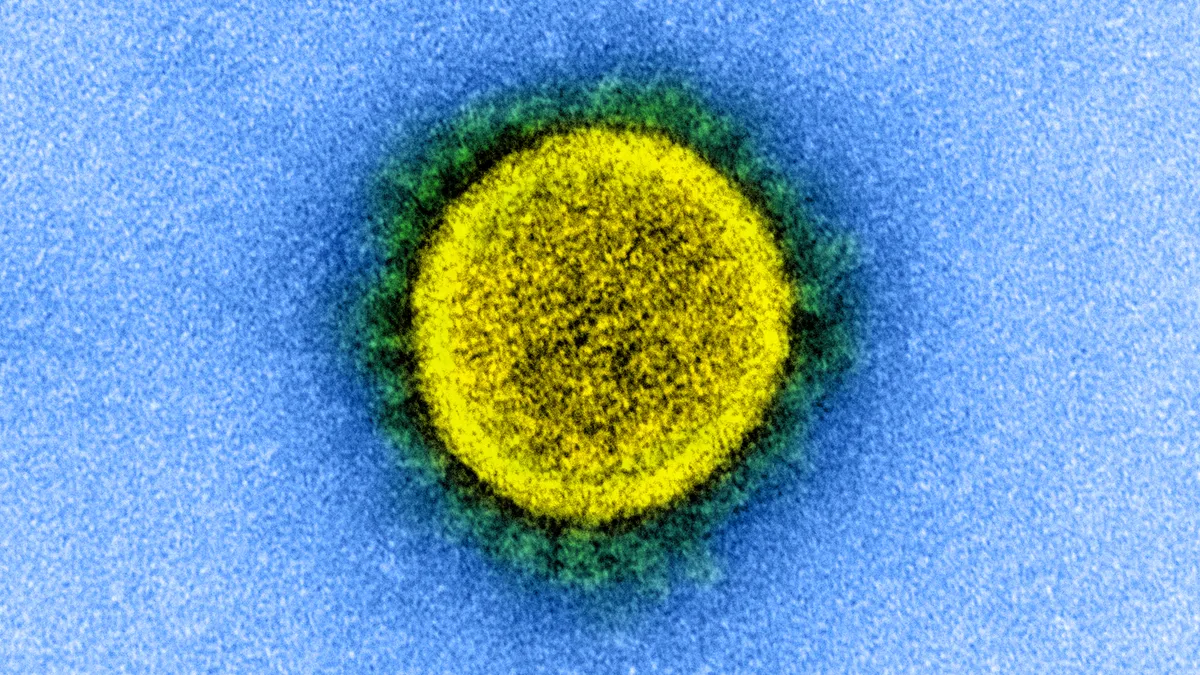UPDATE: June 11, 2021: Innova said it's working to resolve the problems identified and contended none of FDA's inspection observations related to test performance. It also in a statement cited data the test had a specificity "of at least 99.9% and it could be as high as 99.97%" and "sensitivity of 97.0% in detecting infectious patients."
Dive Brief:
-
FDA has told the public to stop using the Innova SARS-CoV-2 Antigen Rapid Qualitative Test and accused the company of submitting identical data to other manufacturers.
-
Innova is yet to receive emergency use authorization for the test but, according to a warning letter from FDA, has shipped the tests to "several customers" in Indiana, New York, Vermont and Oregon. Innova is recalling "at least" 77,339 devices from the U.S.
-
The warning letter accuses Innova of making clinical performance label claims that appear to be unsupported by any evidence included in its EUA filing or from studies performed in the U.K.
Dive Insight:
FDA hit Innova with a flurry of actions on Thursday, firing off a warning letter alongside the notice of a Class I recall and a press release telling the public to stop using the antigen test. The public actions followed inspections of Innova's medical device operations and manufacturing facilities in California in March and April. FDA found multiple problems during the inspections.
"Our inspection revealed that the SARS-CoV-2 Antigen Rapid Qualitative Test has been distributed in the United States without marketing approval, clearance, or authorization from FDA," the agency wrote.
FDA redacted information on how many distributors Innova has executed contractual agreements with and the number of tests it has shipped to U.S. customers. However, with Innova starting a recall before the FDA had even finished its inspection, it has emerged that there are at least 77,339 devices in distribution in the U.S.
The warning letter states the tests were shipped with labels that claimed a relative sensitivity of 96% and relative specificity of 100%. FDA said the claimed clinical performance "appears unsupported by any clinical data," including the information submitted in the EUA and generated in U.K. studies.
The agency has other problems with the data included in the EUA.
"Clinical study data you submitted in your EUA request for the SARS-CoV-2 Antigen Rapid Qualitative Test was identical to data previously provided by other manufacturers in their separate EUA requests. The data reliability and accuracy issues noted herein raise significant concerns that the performance of the SARS-CoV-2 Antigen Rapid Qualitative Test has not been adequately established," FDA wrote in the warning letter.
The FDA actions raise further questions about purchases of Innova tests by the U.K. government. The government put Innova's test at the heart of its mass-testing plan, despite a local health protection board that piloted the kits pausing use after reporting a sensitivity of 49% in asymptomatic people.
An earlier analysis found sensitivity was 58% in self-trained members of the public. U.K. health advice is for everyone to test themselves twice a week. Only Innova tests are cleared for self-testing.
In light of the data, the scientists who advise the U.K. government on COVID-19 said the kits "are not as sensitive as had been expected from the test validation." Yet, the kits have still become central to efforts to control the virus through testing and the government has entered into a series of contracts with Innova.
Collectively, the six Innova rapid antigen test contracts disclosed by the government are worth £2.9 billion ($4.1 billion). The last publicly disclosed contract between Innova and the U.K. started days before FDA inspectors visited the company and the recall began, although it was only published last month.










